By his own estimation, Josh “steel” Nissan says he’s been asked this question over and over for the past eight years: When do you see yourself stopping?
The in-game leader for Disguised Toast’s team has been playing FPS games like Counter-Strike and VALORANT for well over a decade. Whereas most players his age have already moved on to coaching, analysis, broadcast work, or content full-time, players like himself and TSM’s James “hazed” Cobb are the exceptions, with both players entering NA VALORANT Challengers 2023 at the ripe age of 33.
Related: Steel says Disguised Toast’s VALORANT team gives him ‘old school’ vibes
Considering the wealth of young talent in NA VALORANT now, with a plethora of rising stars still in their teens, steel would have been considered an “older” player back when he first says he started getting that question, at around the age of 25. But the answer, in addition to his competitive fire, has remained the same.
“I don’t see myself stopping anytime soon,” Steel told Dot Esports. “Unless I’m forced to stop because I break my hand or I just don’t have enough time to keep up with practicing mechanics. I want to keep competing, and I’d only look at transitioning out when I know I’m no longer capable of competing at a higher level.”
“As long as I’m capable and I feel very confident in my ability and I know other people feel very confident in my ability as a player, I’m gonna keep doing this because I’m good and enjoy it. And until one of those things changes, I’m gonna keep doing it.”
The veteran said he hasn’t really faced many difficulties against the “insane aim [and] ungodly reaction time” of the younger players. According to him, with age comes wisdom.
“They’re lacking all the other stuff,” Steel said. “They get nervous and crumble in matches. They’re not good at adapting to playing and picking different agents, so once the meta shifts they kind of fall off a little bit. You can definitely tell [re: game sense] that they don’t really know what to do or when to make certain decisions or why they’re making those decisions. The reactions are slower.”
“It’s easier to punish those things, and I think that’s where my experience comes into play. I’m not winning most of my duels or engagements through like just sheer raw mechanics; it’s about knowing when to swing out, knowing when to push your position, [when to] lurk.”
The question about steel’s future isn’t one that magically appeared out of thin air eight years ago. Around this time in 2015, steel’s competitive CS:GO career was derailed following an indefinite ban from competing in Majors following his involvement in a notorious match-fixing scandal. Other organizers like ESL and DreamHack applied suspensions that were eventually lifted years later, but Valve’s remained permanent.
This permanent ban severely limited his prospects in CS:GO since teams with him on the roster weren’t able to qualify for Majors. He switched to on-screen talent for a few years and even had a brief run in 2016 as an Overwatch pro before the inception of the OWL, but it wasn’t until the release of VALORANT in 2020 that he got his second chance, one he capitalized on right away after signing and finding success with 100 Thieves.
Steel won’t play forever, he knows that. He said that one day he will likely end up either as a coach or as broadcast talent, with the potential of doing “analytical content” as opposed to just “streaming ranked” on the side.
But not until he’s done competing. Not until the mouse wheel falls off.


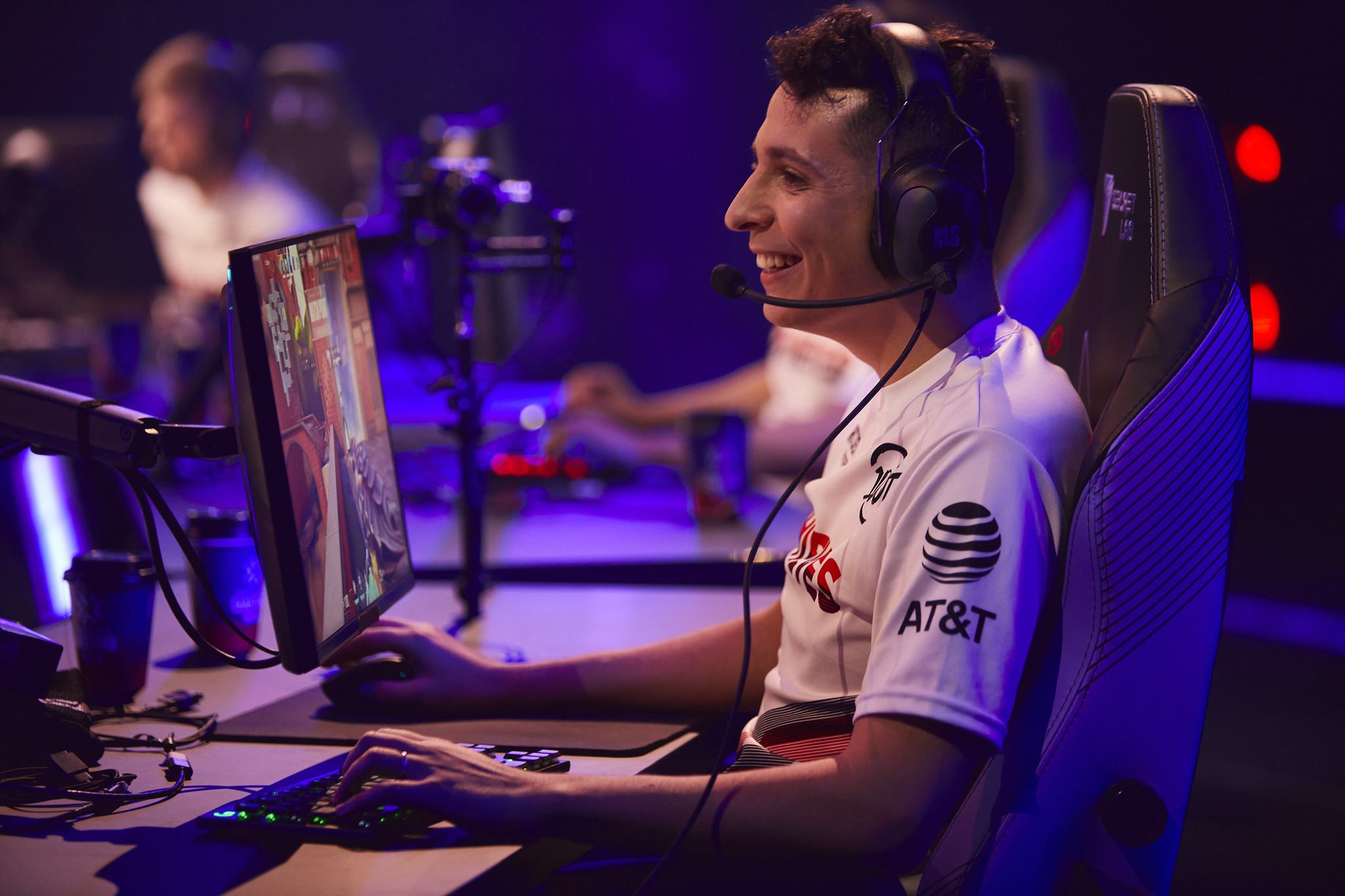

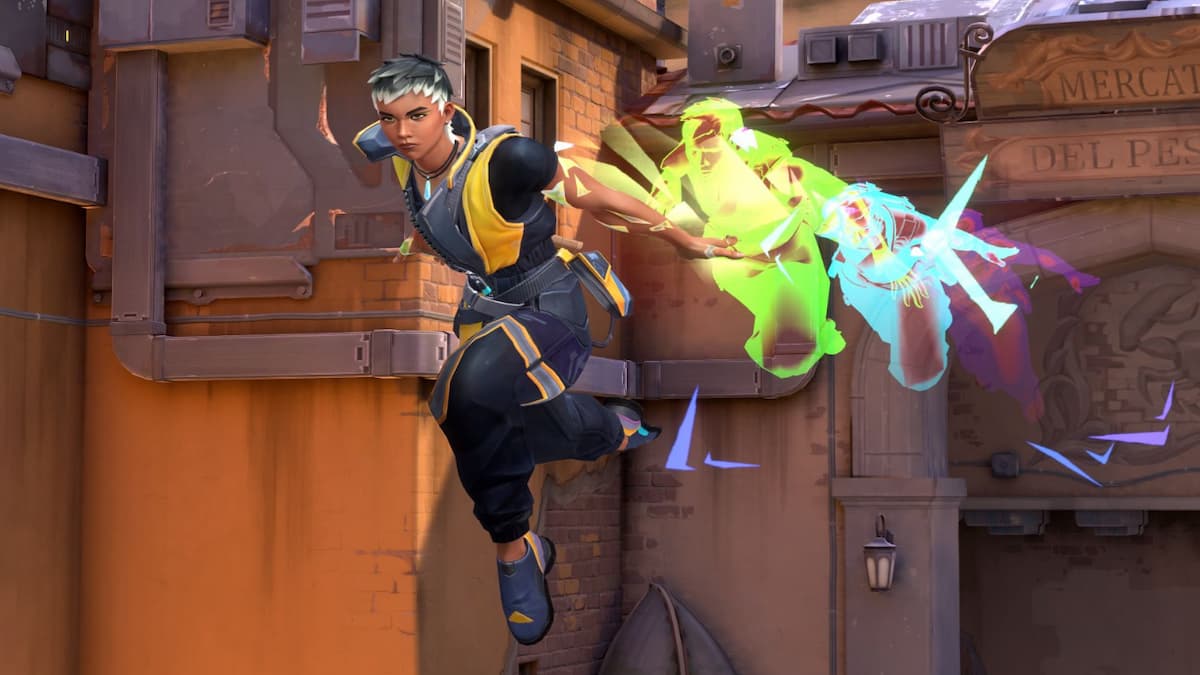

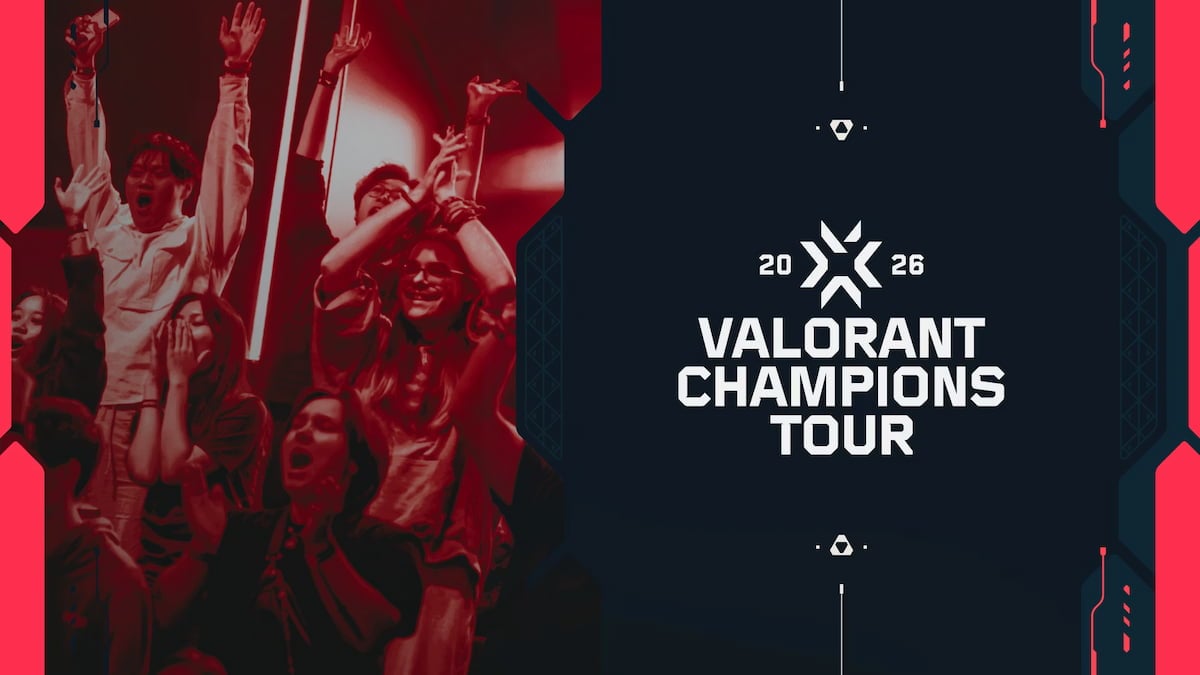
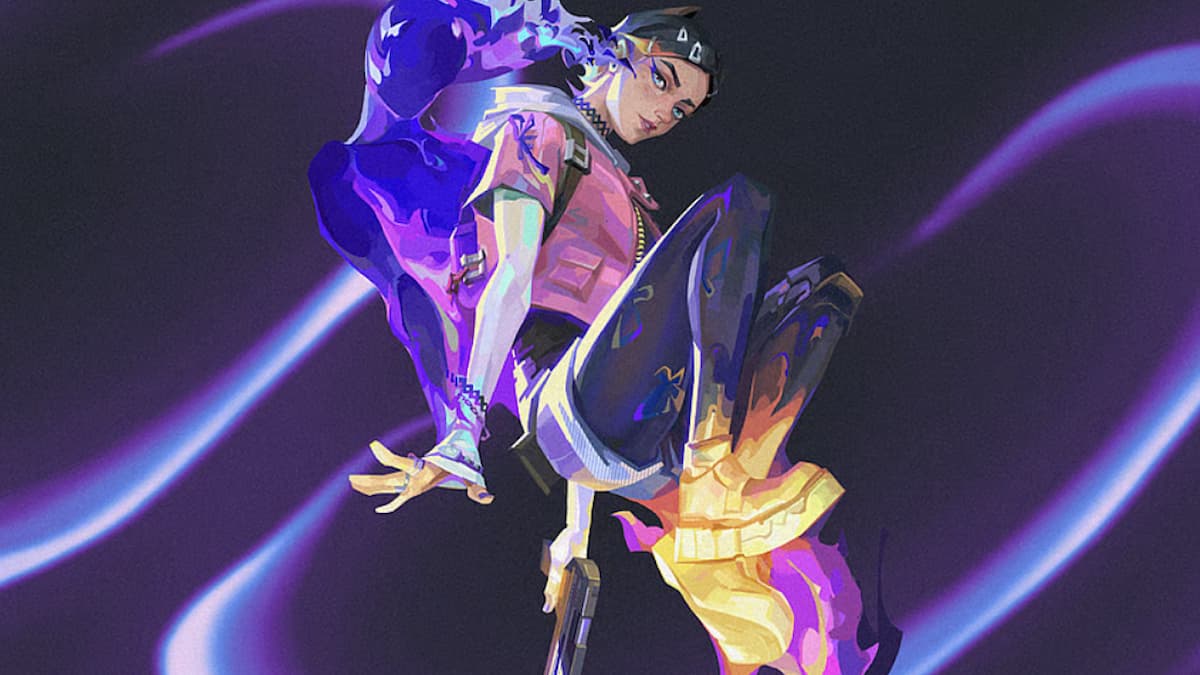
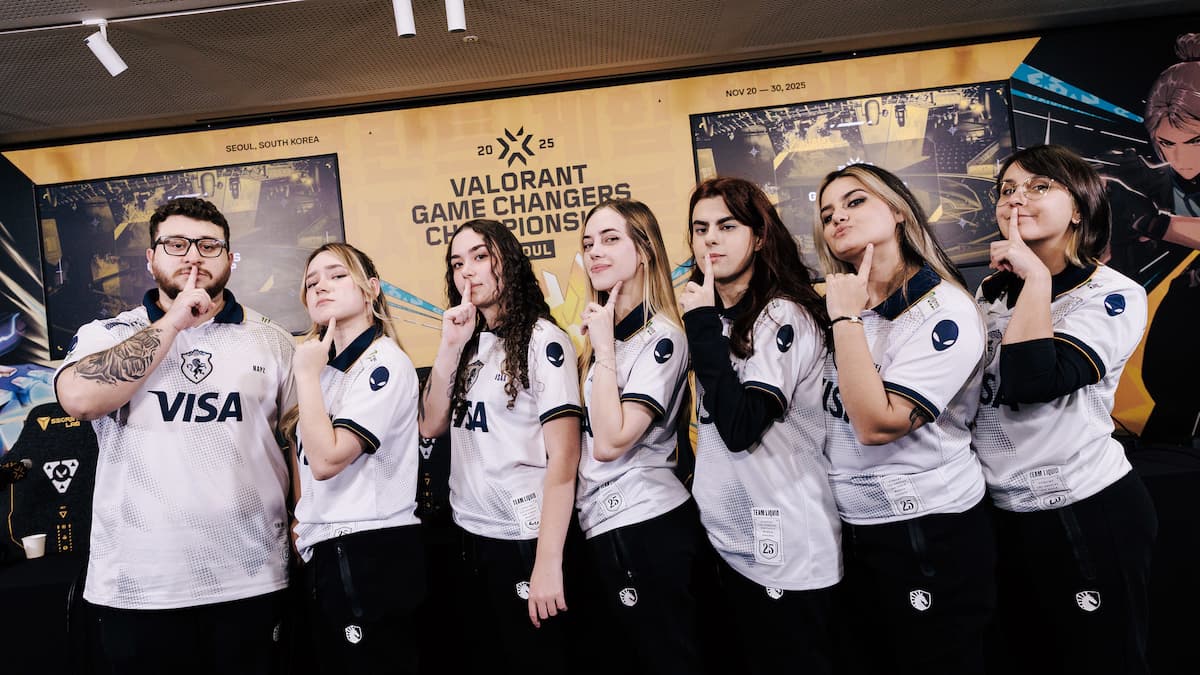
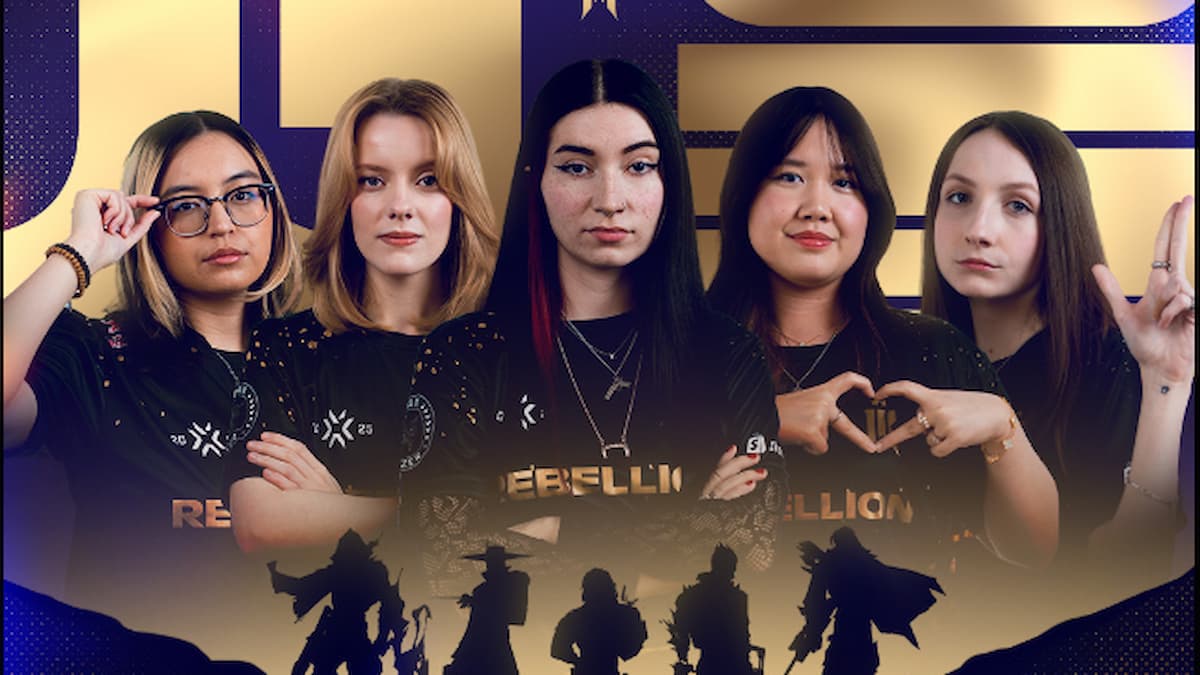

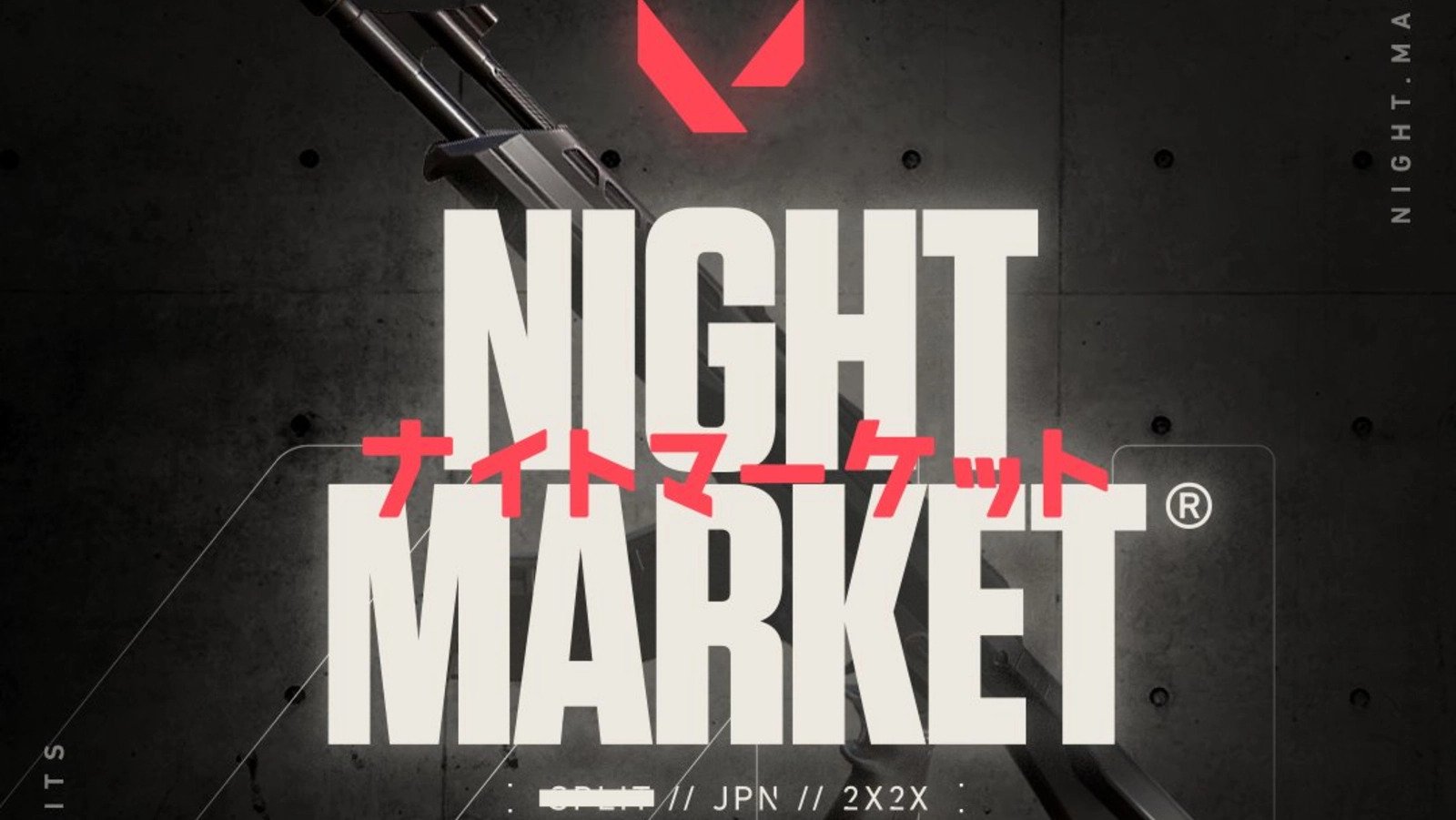

Published: Jan 30, 2023 04:15 pm